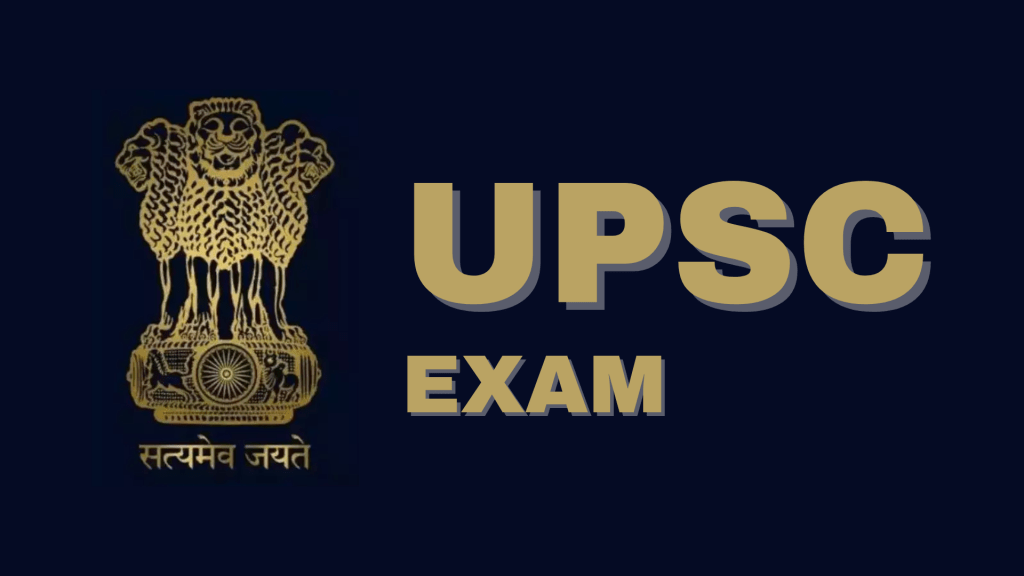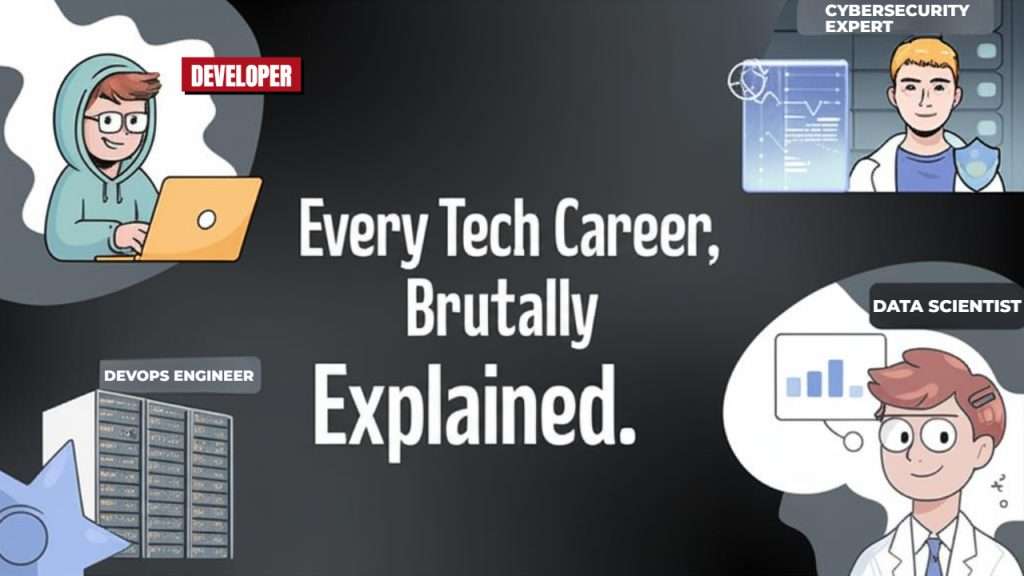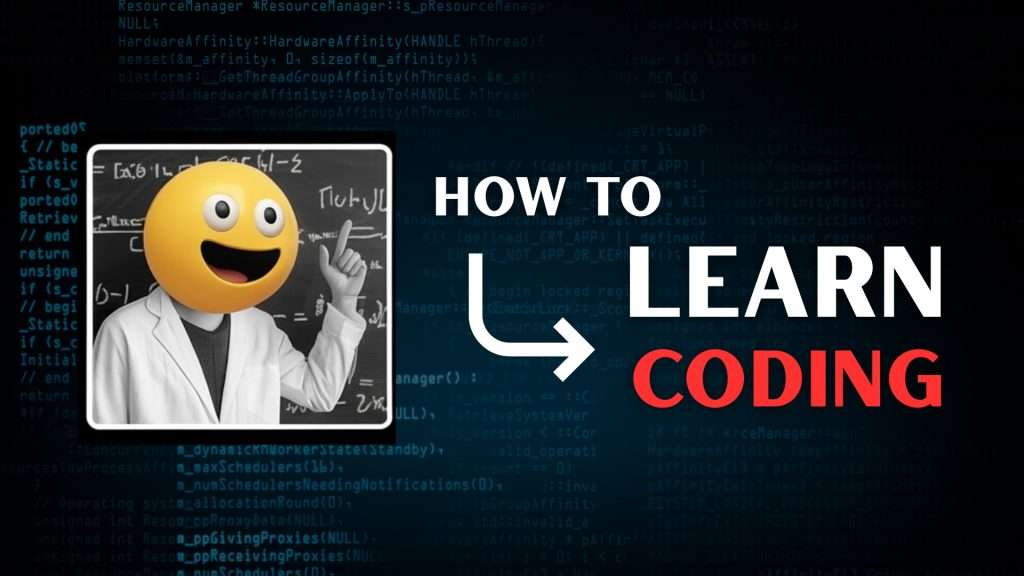Are you aspiring to join the ranks of India’s most prestigious civil services? The UPSC Civil Services Examination (CSE) is your gateway to becoming an IAS, IPS, IFS, or other Group A and Group B officers. This blog by WeBlogTrips provides a detailed guide to help you understand the UPSC exam pattern, eligibility, preparation strategy, and much more. Let’s dive in!
What is the UPSC Exam?
The Union Public Service Commission (UPSC) conducts the Civil Services Examination (CSE) annually to select candidates for high-profile positions in the Indian government. This exam tests candidates on their knowledge, analytical abilities, and personality to ensure they are fit for leadership roles in administration.

Eligibility Criteria for UPSC Exam
Before applying, ensure you meet these criteria:
Age Limit:
- General Category: 21 to 32 years.
- OBC: 21 to 35 years.
- SC/ST: 21 to 37 years.
Educational Qualification:
- A bachelor’s degree from a recognized university.
- Final-year students can apply but must present proof of graduation for the Mains exam.
Attempts Allowed:
- General: 6 attempts.
- OBC: 9 attempts.
- SC/ST: Unlimited (until the age limit).
For more details, visit the official UPSC website: https://www.upsc.gov.in.
Exam Pattern
The UPSC exam is conducted in three stages:
1. Preliminary Exam (Prelims):
- Paper 1: General Studies (GS), 200 marks.
- Paper 2: Civil Services Aptitude Test (CSAT), 200 marks. (Qualifying: 33% required).
2. Main Exam (Mains):
A descriptive exam consisting of 9 papers:
- 2 qualifying language papers (not counted in merit).
- 7 merit-based papers, including:
- Essay (250 marks).
- 4 General Studies papers (250 marks each).
- 2 Optional Subject papers (250 marks each).
3. Personality Test (Interview):
- Marks: 275.
- Focuses on personality, leadership, and communication skills.
Syllabus Overview

The UPSC syllabus is extensive. Here’s a quick summary:
Prelims:
- General Studies: History, Geography, Polity, Economy, Current Affairs, Environment.
- CSAT: Reasoning, Comprehension, Basic Mathematics.
Mains:
- Essay: Topics of current relevance.
- General Studies: Covers Indian Heritage, Polity, Economy, Ethics, International Relations, and more.
- Optional Subject: Choose from 48 subjects like Sociology, Public Administration, etc.
Interview:
Prepare to discuss your DAF (Detailed Application Form), current affairs, and general awareness.
Preparation Tips for UPSC
- Master the Syllabus: Focus on NCERTs for a strong foundation.
- Current Affairs: Read newspapers like The Hindu or Indian Express and follow PIB updates.
- Mock Tests: Practice test series to improve accuracy and speed.
- Optional Subject: Choose based on interest and scoring trends.
- Answer Writing: Regularly practice for Mains.
Recommended Books for UPSC
- History: India’s Struggle for Independence by Bipan Chandra.
- Polity: Indian Polity by M. Laxmikanth.
- Geography: Certificate Physical and Human Geography by Goh Cheng Leong.
- Economy: Indian Economy by Ramesh Singh.
- Ethics: Ethics, Integrity, and Aptitude by Subba Rao.
Online Resources for UPSC Preparation
Explore these platforms for free and paid resources:
Career Opportunities After UPSC
Clearing the UPSC opens doors to careers like:
- IAS (Indian Administrative Service): Policy-making and administrative leadership.
- IPS (Indian Police Service): Maintaining law and order.
- IFS (Indian Foreign Service): Representing India globally.
- IRS (Indian Revenue Service): Managing taxation and revenue.
Each role comes with immense responsibility and respect, making UPSC one of the most sought-after exams in India.
Why UPSC Preparation Requires Dedication
The UPSC exam is not just about hard work but also smart strategies. From handling vast syllabi to excelling in answer writing, consistency is the key. Follow WeBlogTrips for more preparation tips and tricks to crack competitive exams like UPSC.
About Us
- Akhil Boddu’s YouTube Channel – Follow my vlogs for personal experiences and tips.
- Code With Me YouTube Channel – Explore tech tutorials and coding advice.
- Weblog Trips LinkedIn – Connect with me on LinkedIn for more insights and discussions.
If the information you are looking for is not available here, please contact us. Additionally, follow us on our social media platforms for updates and more information.







